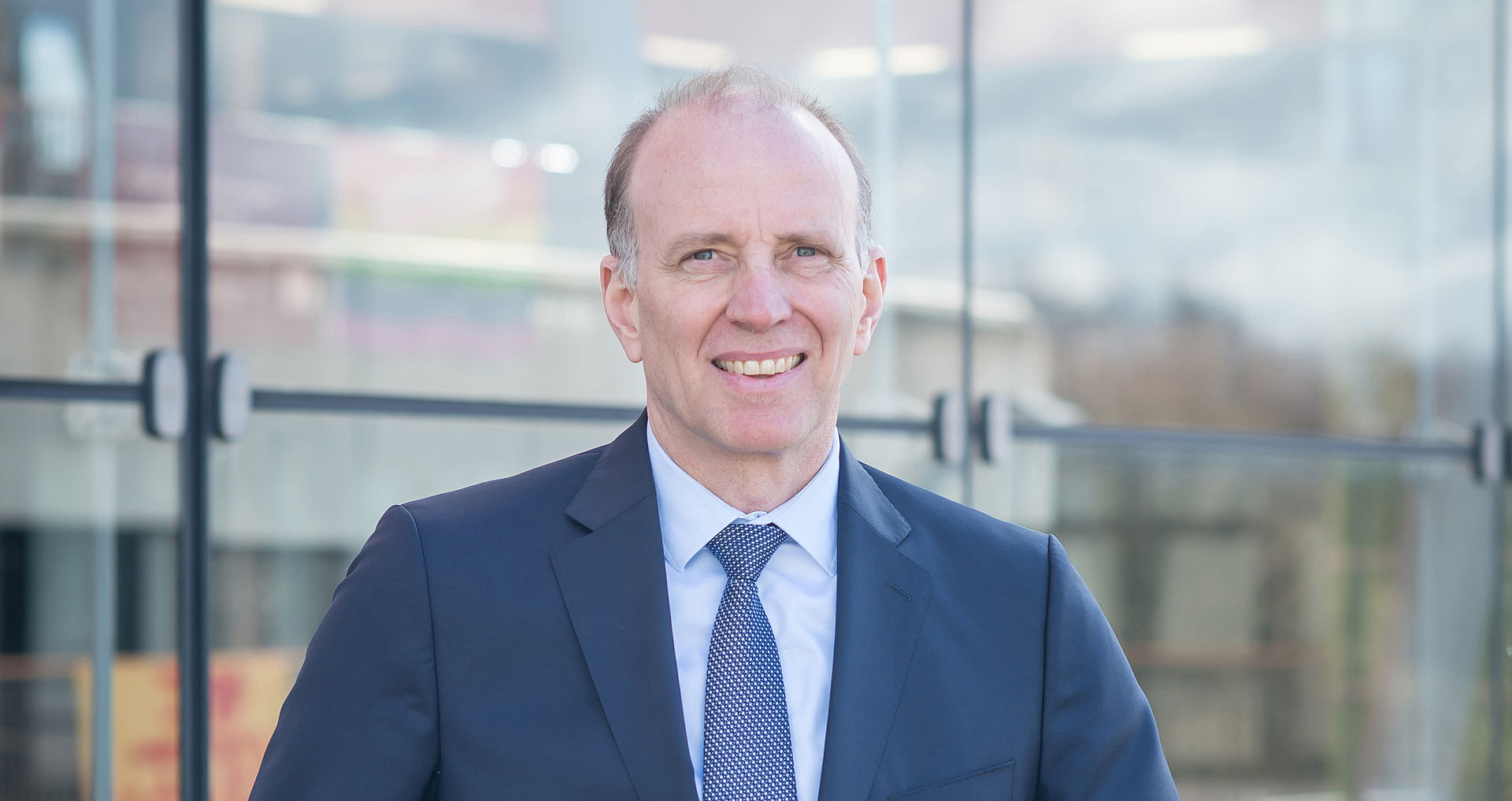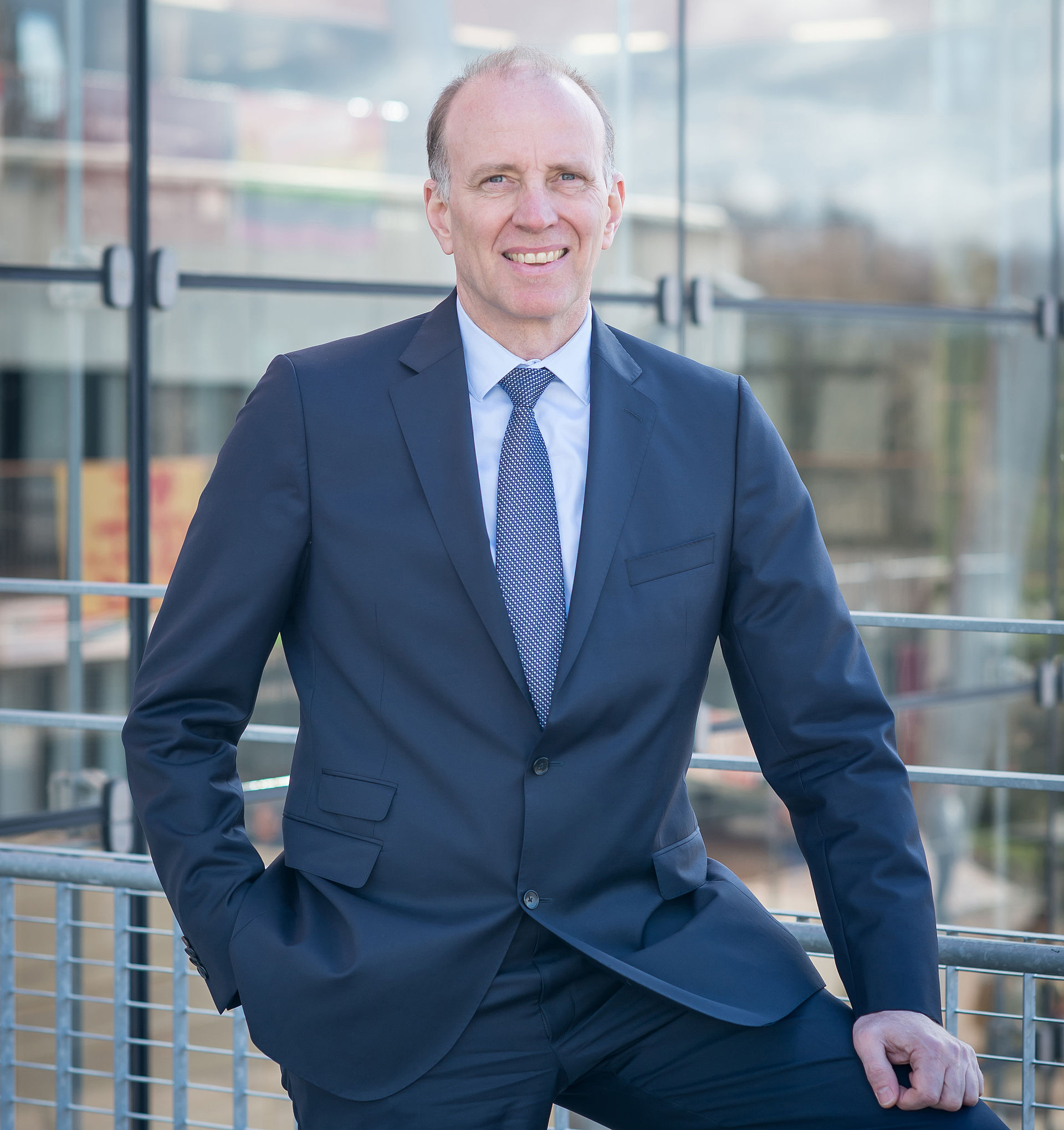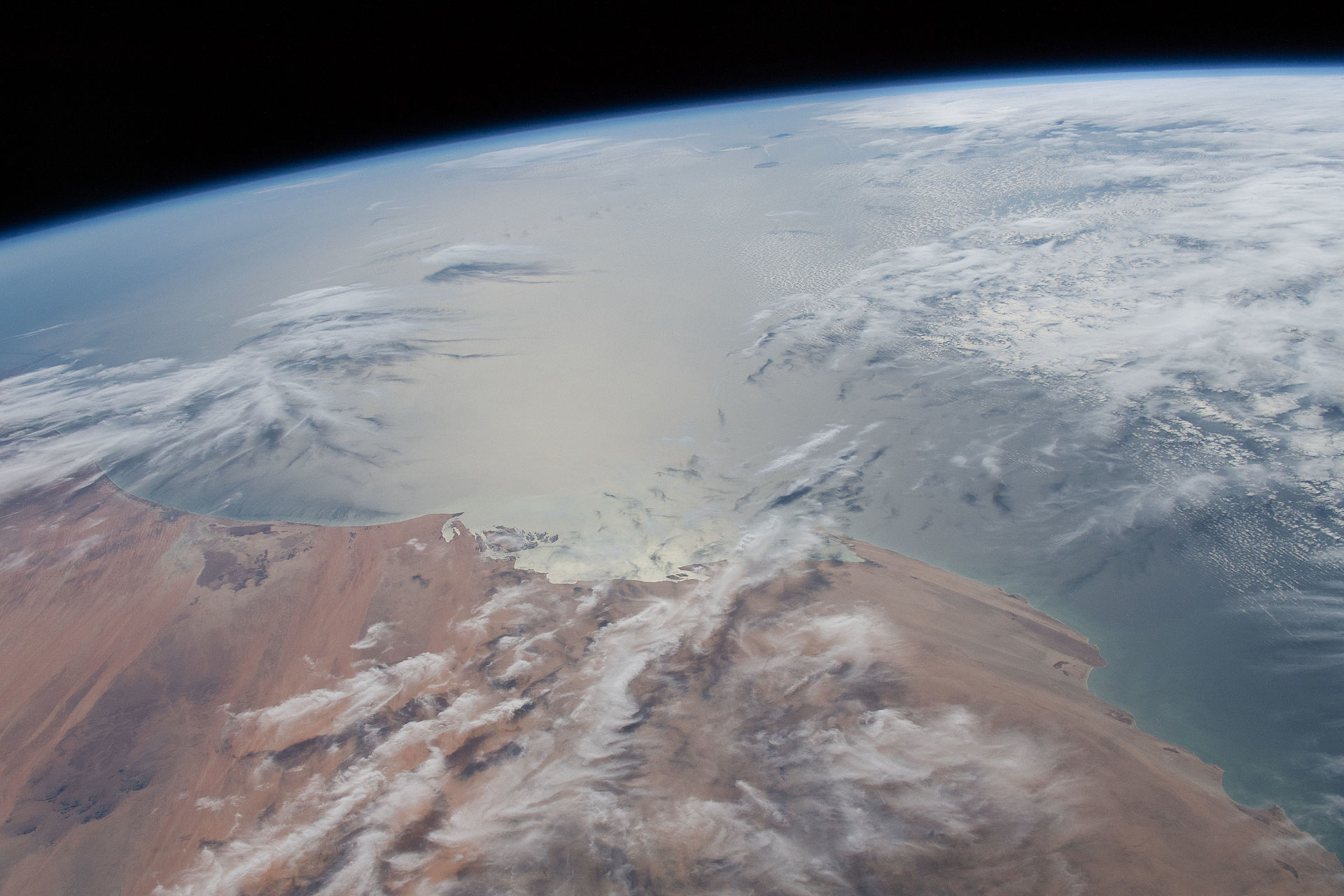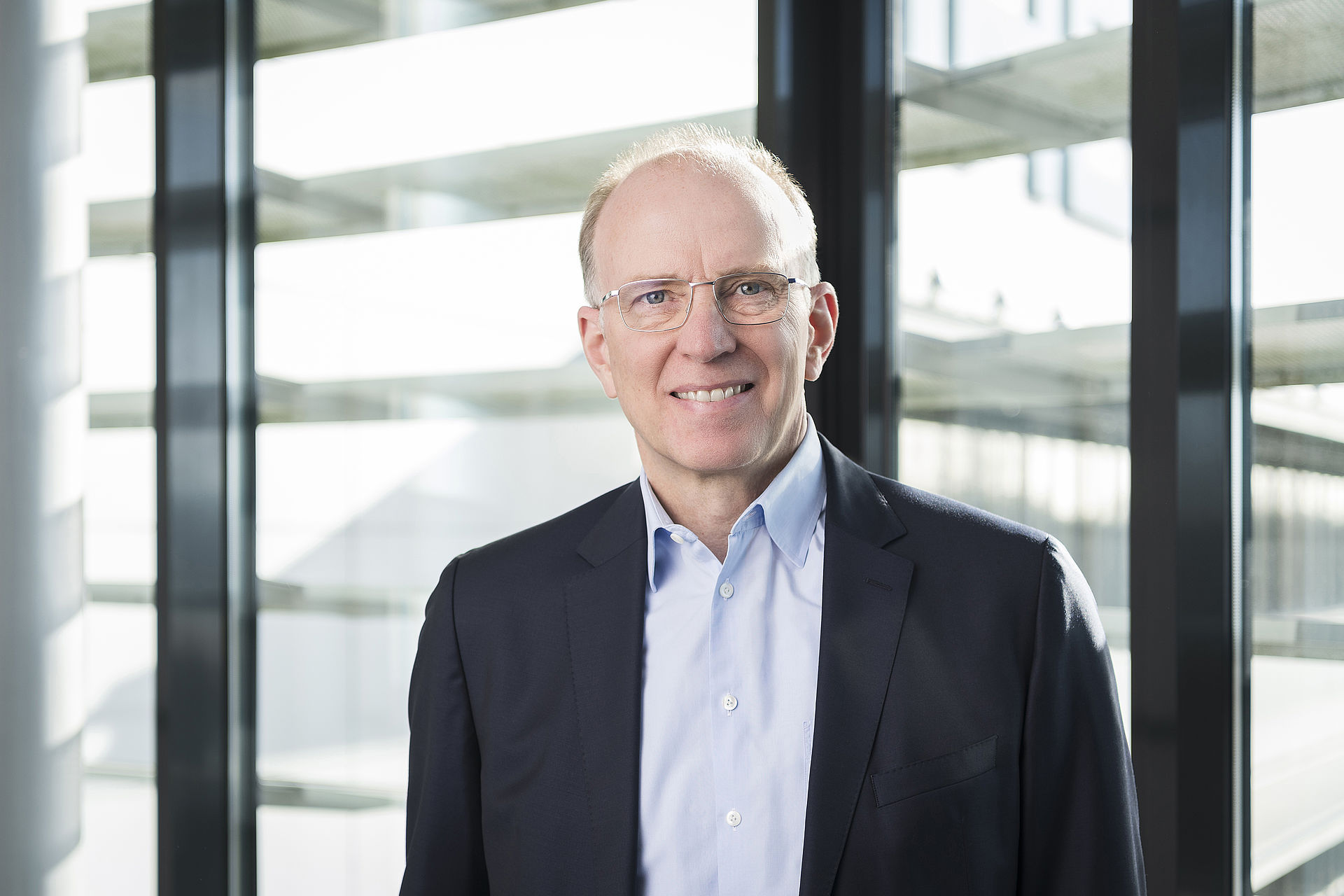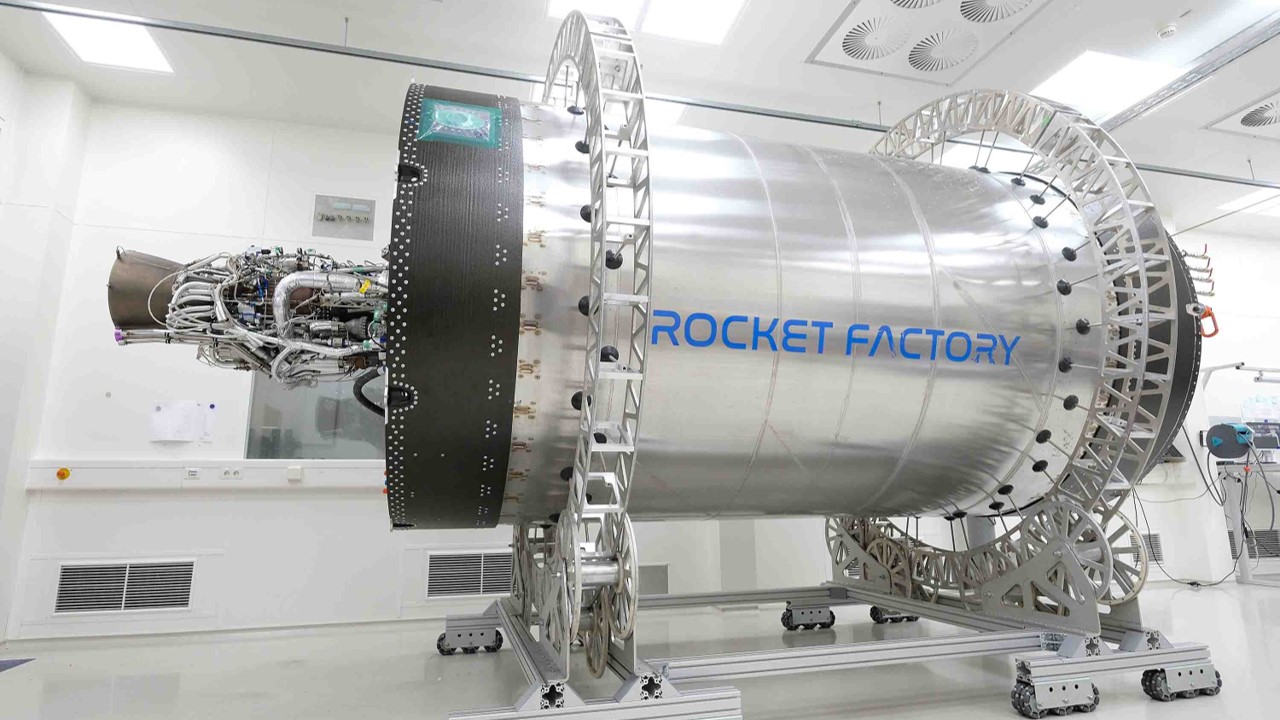11 November 2022. Antonio Guterres, the Secretary-General of the United Nations, said something in his opening speech at the start of the World Climate Conference in Egypt that I wholeheartedly agree with: "We are on the highway to climate hell – with our foot on the accelerator," he warned. And his alarmist tone is more than appropriate when you look around the world. For far too long, politicians and even scientists have merely mentioned the consequences of climate change on a side note rather than loudly denouncing them. And now it is actually already too late, the ambitious goals of the Paris Climate Agreement are no longer achievable.
The fact that the 2022 World Climate Conference ends when the triennial ESA Ministerial Conference begins at the end of November is an interesting coincidence. For the responsible ministers of the twenty-two ESA member states agree on hardly anything as much as the fact that the ongoing space programmes to observe changes in the climate and the environment must be continued and expanded with money and the entire set of technological tools at their disposal. Climate change and its consequences can only be combated with better quality data and a deeper understanding of the Earth's ecosystem. Satellite measurements and observations are indispensable for this. In this way, space can once again demonstrate the great benefits that its industry's technologies bring to society.
In December, the World Climate Conference and the ESA Ministerial Council may be over, but the multiple crises the world is currently facing will still be there. It is almost certain that the war in Ukraine will not end with a peace agreement in a few weeks; for this reason, it is equally unlikely that the threats to critical infrastructures such as pipelines, satellite networks, power grids and IT systems will evaporate by then. And that is why it is all the more important that Europe protects itself against these threats that continue to loom.
Europe must become autonomous in secure communications
Such protection should consist of building autonomous systems in the area of secure communication. The planned "Secure Connectivity" project, for example, would ensure that states and institutions can exchange information via satellite, protected from foreign ears and eyes – even if the lines on the ground were disrupted by war or sabotage. Such a system would create autonomy and reduce dependencies. I think it is urgently necessary that Germany contributes a share of at least 250 million euros to the 750 million euros in total costs of the project.
However, as a leading space nation in Europe, Germany should also send a robust signal overall for technologies in space and increase its contributions to the ESA budget as a whole. Space has simply become much more important in a time of unpredictable threats such as the war in Ukraine or attacks on critical infrastructure. The European satellite navigation programme Galileo is also part of this infrastructure. It is important to look at the technology of the future today and to work on ideas for a third generation of this EU programme. Similar to the Secure Connectivity programme, Germany should also participate with relevant funds in the LEO PNT programme as a technology testing project for a third generation of Galileo satellites. This pays off twice: On the one hand, Germany is assuming responsibility for the security of Europe and its citizens through its financial contribution; on the other hand, it is giving companies in the German space industry the opportunity to participate in the research and development of new technologies at a very early stage.
Germany should contribute at least 4 billion euros
Overall, ESA is planning a budget of around 18.5 billion euros for the next three years – although some of the expenditures will run somewhat longer. In my view – which, however, also largely corresponds to the view of the German space industry in general – Germany should contribute at least four billion euros to this budget. I am aware that this is above the previous plans of the German government. But this government only recently presented the plan for a space strategy, expressing that one of its important fields of action should be space. Therefore, in the run-up to the Council of Ministers Conference, I call on the government: stand by your word! Now is the time to send a strong signal for Germany and Europe as a space location, for research and development and above all for more security in Europe!
Personal details:
Born in 1962, Marco Fuchs studied law in Berlin, Hamburg and New York. He worked as an attorney in New York and Frankfurt am Main from 1992 to 1995. In 1995, he joined OHB, the company that his parents had built up. He has been Chief Executive Officer of OHB SE since 2000 and of OHB System AG since 2011. Marco Fuchs is married and has two children.

